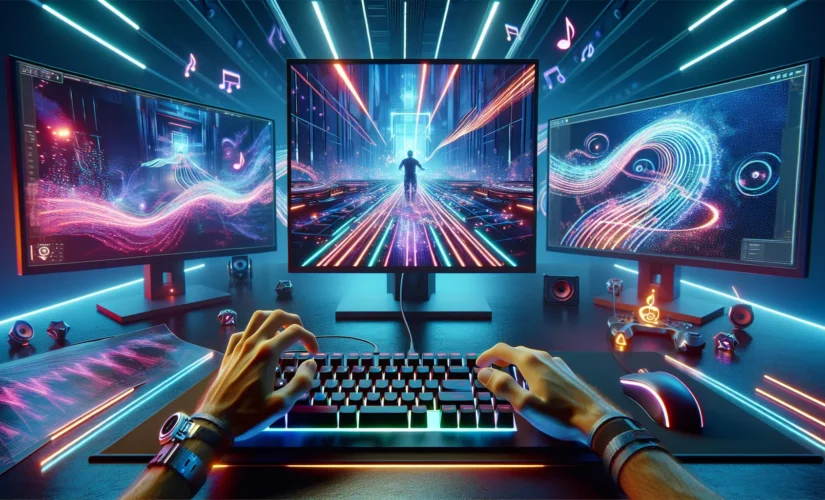Playing OSU can be an exciting challenge, blending rhythm-based gameplay with precision. But what happens when you need to play without an audio device? While it’s unconventional, it’s entirely possible. This guide offers you practical strategies and insights to confidently tackle OSU without relying on sound.
Understanding the Challenges of Playing OSU Without Audio
Gameplay Impact of Missing Audio Cues
Audio cues are integral in rhythm games to guide your timing and enhance immersion. Missing these cues shifts reliance to other gameplay elements, posing a unique obstacle.
Adjusting to Visual Feedback Over Sound
Without audio, visual feedback becomes paramount. Focus on hitting notes synchronously with marker movements and practice reading patterns quickly and accurately.
Preparing Your OSU Setup for Audio-Free Play
Customizing Visual Feedback Options
Enhancing visual clarity mitigates the absence of sound. Adjust colors, note trails, and approach rates to match your preference and improve visibility.
Configuring Game Settings for a Better Experience
Optimize OSU settings such as frame rate stabilization, input latency, and resolution to improve the overall play experience in the absence of audio support.
Improving Skills Without Relying on Audio
Practicing Timing and Rhythm Using Visual Indicators
Develop a keen sense of rhythm tied to visual markers by practicing frequently with charts designed for sight-based gameplay focus.
Adopting Techniques to Maintain Accuracy
Key techniques, such as consistent hand coordination and pattern recognition, allow accuracy enhancements even without auditory backup.
Additional Tips for Enhancing Your Audio-Free Gameplay
Using External Resources and Tutorials
Seek guides and videos created by experienced OSU players to understand advanced strategies for managing audio-less play.
Engaging With the OSU Community for Advice
Online communities and forums are invaluable resources. Share your challenges and learn from others experienced in dealing with similar situations.
Conclusion
Taking the leap into audio-free OSU not only reinforces your visual recognition skills but also broadens gameplay resilience. While the challenges seem daunting, adapting through the strategies outlined above will enhance your experience and capabilities. With practice and perseverance, you can master OSU without an audio device.
Frequently Asked Questions
Can I play OSU without any audio devices?
Indeed, playing OSU without audio devices is possible. This experience emphasizes reliance on visual feedback and rhythmic patterns to maintain accuracy during gameplay.
What adjustments can improve audio-free gameplay in OSU?
Modifying visual settings like color schemes, note trails, and timing windows can significantly help enhance your gameplay experience without requiring audio cues.
How can I maintain rhythm in OSU without sound?
Focus on the visual timing indicators and marker movements, practice patterns visually, and develop enhanced coordination for successful play.
Are there resources to aid audio-free OSU players?
Yes, online guides, community forums, and tutorial videos provide valuable insights and techniques specifically tailored for audio-free OSU gameplay.
Why is adapting to visual feedback important in audio-free OSU?
Visual cues become the primary source of timing and interaction in the absence of audio, requiring enhanced focus to ensure accurate hits and successful play.




